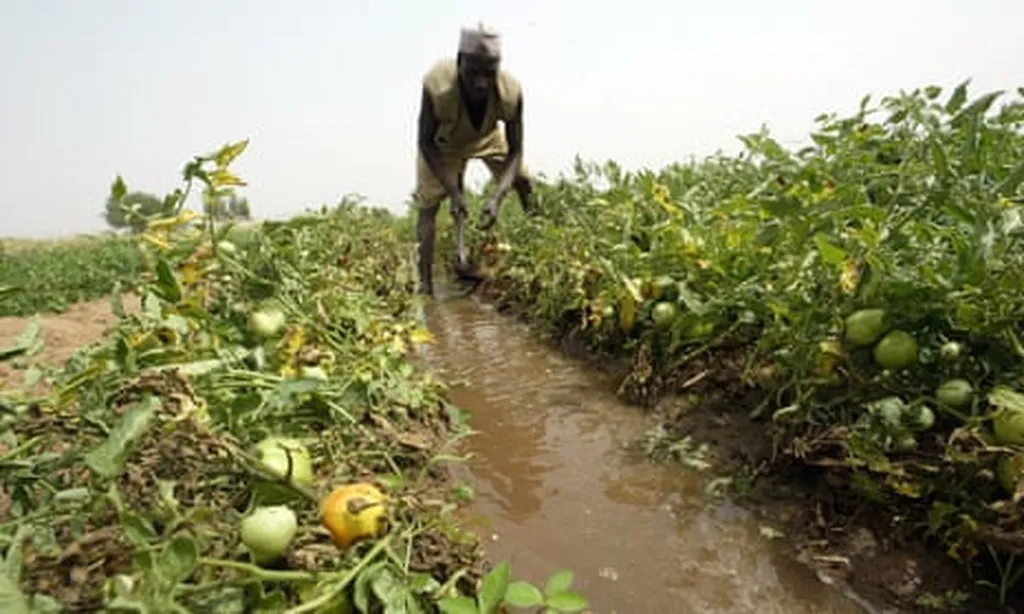In the heart of Northern Ghana, smallholder farmers are navigating a delicate balance between feeding their communities and preserving the environment. A recent study published in the journal “Sustainable Futures” (which translates to “Futuro Sostenible” in English), led by Ebenezer N.K. Boateng from the University of Cape Coast, Ghana, and Arizona State University, USA, sheds light on the perspectives and practices of these farmers in the quest for sustainable agriculture intensification (SAI).
The study, conducted in the Guinea Savanna Agro-Ecological Zone, involved 698 smallholders from the Bongo and Bolgatanga Municipalities. It revealed that these farmers practice moderate SAI, a approach that aims to increase agricultural productivity while minimizing environmental impact. “Smallholders are the backbone of agriculture in Sub-Saharan Africa, and their perceptions and practices are crucial for achieving food security and sustainable development,” Boateng explained.
The research identified several positive predictors for SAI adoption, including age, monthly income, religion, slope, vegetation, and water access. Interestingly, factors like farm size, land surface temperature, distance to a dam, and land tenure were found to hinder SAI adoption. “Understanding these factors is essential for policymakers and organizations aiming to support smallholders in their transition towards more sustainable practices,” Boateng noted.
The study also highlighted external drivers that influence SAI adoption. Poor groundwater quality, gaps in government policies on agriculture, and lack of engagement in group farming were identified as significant barriers. These findings underscore the need for targeted interventions to address these challenges and promote SAI.
The implications of this research extend beyond the agricultural sector. As the world grapples with the impacts of climate change and the need for sustainable development, the insights from this study can inform policies and practices in various sectors, including energy. For instance, the adoption of SAI practices can reduce the environmental footprint of agriculture, which in turn can support the transition to renewable energy sources.
Moreover, the study’s findings can guide the development of agricultural technologies and innovations that are tailored to the needs and contexts of smallholders. This can create new opportunities for commercialization and investment in the agritech sector, ultimately contributing to economic growth and development.
As the world moves towards achieving the Sustainable Development Goals (SDGs), particularly SDG 2 (Zero Hunger), the role of smallholders and their adoption of sustainable practices cannot be overstated. This research provides a valuable contribution to the ongoing efforts to support smallholders and promote sustainable agriculture intensification. “It is our hope that this study will inform and inspire further research and action towards achieving food security and sustainable development,” Boateng concluded.
In the quest for a sustainable future, the voices and experiences of smallholders must be at the forefront. This study not only amplifies these voices but also provides a roadmap for action and innovation in the field of sustainable agriculture.

